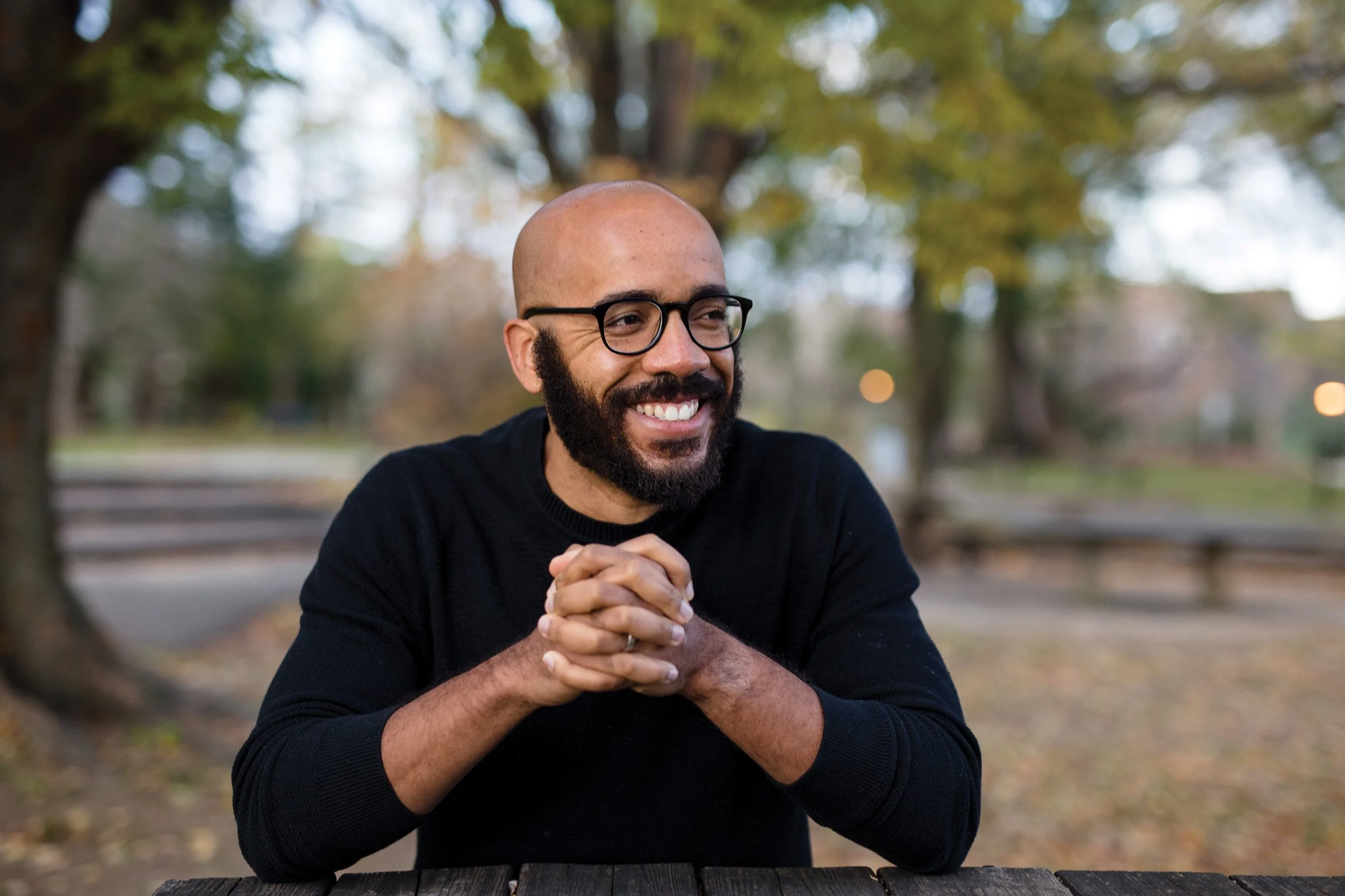by Clint Smith
and it is the most distant object visible to the naked eye.
It is 2.5 million lightyears away, which means that when
we see it, we are seeing that galaxy as it was 2.5 million years
ago, long before humans were ever part of this planet,
long before you came into this world like a shooting star.
We read this fact in one of your books about space
and you ask me how it’s possible to see something
from so long ago, even if that thing is no longer there.
I am far from a physicist, but I do my best to explain
the speed of light by moving my hands back and forth
in front of my face as quickly as I can.
You are unconvinced by this incoherent explanation,
and now my arms are sore. So instead, what I say
is that when I look at you, it’s like I am looking
at my grandmother, a woman you never met
but whose stardust is glimmering in your eyes.
When I look at you, it’s like I am seeing everything
that came before, all the people I love
who once lived, but who are no longer living,
all of the history that has brought you here to me.
Clint Smith is the author of the narrative nonfiction book, How the Word Is Passed: A Reckoning With the History of Slavery Across America, which was a No. 1 New York Times bestseller, winner of the National Book Critics Circle Award for Nonfiction, and selected by the New York Times as one of the 10 best books of 2021. He is also the author of the New York Times bestselling poetry collection Above Ground as well as the award-winning poetry collection Counting Descent. He is a staff writer at The Atlantic.


